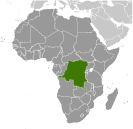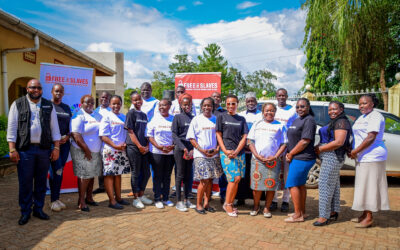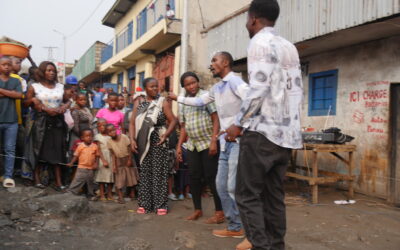It isn’t on America’s front pages, but there’s a dangerous situation unfolding at this moment in the Democratic Republic of Congo (DRC). Rebel troops have captured the regional capital of Goma – a city of roughly one million people and the regional base of operations for most international development organizations in eastern DRC, including Free the Slaves.
Free the Slaves expresses its solidarity with the people of Goma and of the DRC as a whole, in the light of the recent combat and subsequent takeover of Goma by M23, the rebel group, and the apparent abandonment of the town by the national army.
FTS calls on all parties to ensure that no crimes are committed against civilians.
Combat in the DRC since 1996 has been characterized by appalling abuses against civilians, including murder, sexual violence, forced labor and looting of goods that Congolese families need to survive. Any members of armed groups or the Congolese army that are found committing such abuses must be brought to justice, without exception.
FTS also calls for the protection of human rights workers by MONUSCO, the United Nations peacekeeping and stabilization force, which has a major base in Goma.

DR Congo straddles the equator in the heart of Africa.
FTS has been engaged in efforts to bring an end to modern forms of slavery in rural communities of eastern DRC since 2009. We remain in close contact with our staff and partners. While they are secure as of the latest report, the current level of instability provides no guarantee for their security, and also prevents our crucial programs from moving forward.
FTS calls for an early end to the current hostilities through peaceful negotiation rather than through further violence that inevitably would result in further abuses against civilians.
What can you do? Please consider contacting your members of Congress to let them know that you are closely following the situation in the DRC, and insist that the U.S. government engage constructively with the government of DRC, Rwanda and other neighboring governments, as well as other major donor governments, to resolve the underlying problems causing violence.
You can find contact information for your senators here and your House representative here.
For more details: New York Times, Al Jazeera, CNN, Reuters, BBC, AFP.
The situation must be treated as urgent.


